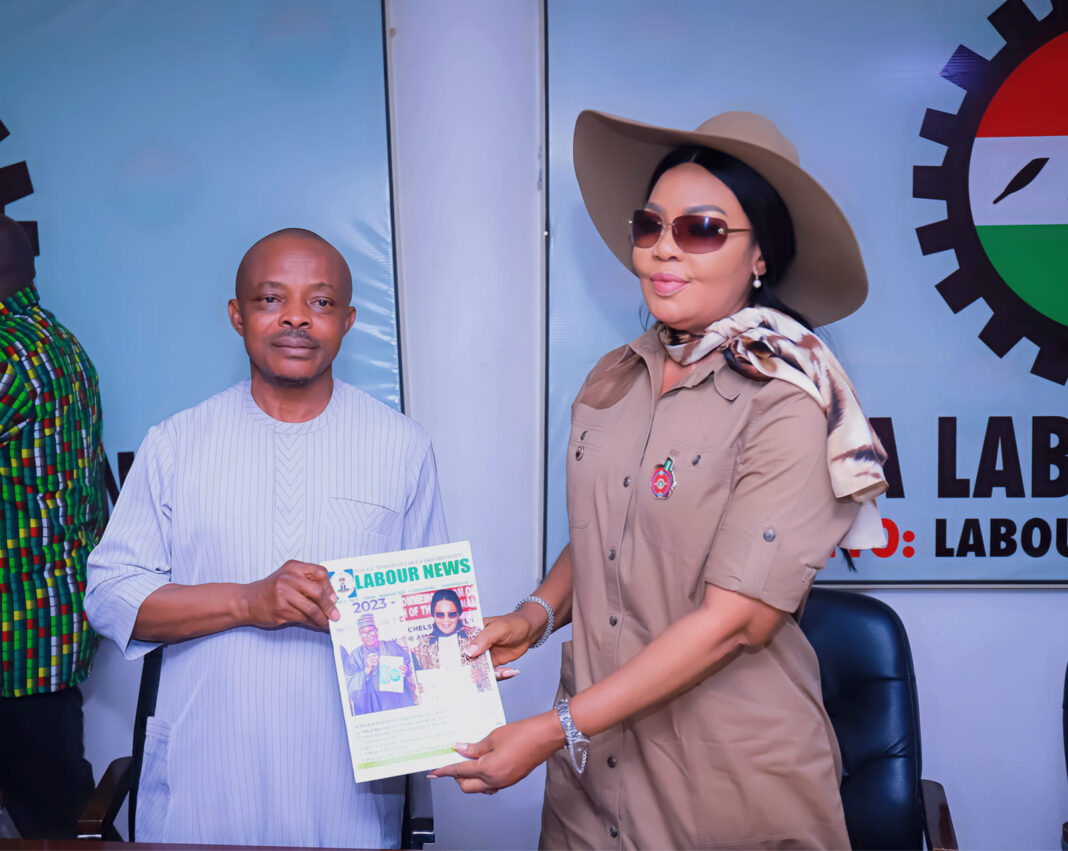Tallinn, 21st May 2024: In a move to bolster democratic values and protect electoral integrity, the European Ministers for European Affairs from France, Germany, Poland, Austria, Bulgaria, Croatia, Czechia, Denmark, Greece, Italy, Latvia, Luxembourg, Portugal, Romania, Slovenia, and Spain have issued a unified statement today. This statement comes on the heels of the Council conclusions on “Democratic resilience: safeguarding electoral processes from foreign interference,” underscoring a concerted effort to counter foreign information manipulation and interference (FIMI).
Strengthening Democratic Resilience
The ministers emphasized the need for an integrated approach to address the multifaceted challenges posed by FIMI. “There is no single solution to counter foreign information manipulation and interference,” the statement reads. “We need to strengthen our detection and unveiling capabilities, enforce a swift response to identified threats, and support and mobilize all parts of our European societies to strengthen the resilience of our foundations with a view to the EP elections and beyond.”
Key proposals include enhancing digital and media literacy, fostering independent media, and creating opportunities for political and social engagement. These measures aim to empower citizens to better recognize and resist disinformation.
Concrete Proposals for Action
The ministers outlined several concrete proposals aimed at enhancing collective resilience and improving information sharing across the EU. These include:
- Regular discussions among Member States (MS) to share effective approaches and projects to combat FIMI.
- Expanding the Integrated Political Crisis Response (IPCR) and the Rapid Alert System (RAS) to include public information sharing, involving researchers, media, and NGOs.
- Establishing a platform for knowledge exchange on media literacy and civic education, leveraging existing structures like the European Digital Media Observatory (EDMO).
“We believe that a European media platform would significantly contribute to countering disinformation by providing high-quality information and independent journalism to all EU citizens,” the ministers stated.
Enhancing Detection and Enforcement
To effectively unveil and respond to FIMI, the ministers stressed the importance of cooperation between national agencies and the EU. They called for the rapid implementation of the Digital Services Act (DSA) and emphasized the need for holding Very Large Online Platforms (VLOPs) accountable.
“The full regulatory infrastructure of the DSA should be set up without delay, so that it can fully function and effectively enforce the regulatory framework,” they urged. Additionally, the ministers highlighted the need for restrictive measures targeting authors of FIMI campaigns, particularly those originating from Russia.
Extending Efforts to Neighbourhood Countries
The ministers also recognized the importance of extending these efforts to candidate and potential candidate countries. They proposed enhancing strategic communication in these regions and developing comprehensive strategies in cooperation with the European External Action Service (EEAS) and other relevant bodies.
“An investment into their democratic resilience is also a long-term investment towards the resilience of the current and future European Union,” the statement noted, underscoring the interconnectedness of EU member states and neighboring countries.
Future Directions
Looking ahead, the ministers welcomed the reorganization of the EEAS StratCom divisions to further streamline efforts in strategic communication and countering FIMI. They called for the General Affairs Council (GAC) to continue addressing democratic resilience as a cross-cutting issue and to maintain regular discussions on this critical topic.
“Building on today’s Council conclusions and contributing to the ongoing debate, we, the Ministers for European Affairs, present these concrete proposals to step up efforts covering different aspects of democratic resilience,” the statement concluded.
This united stance by the European Ministers marks a pivotal step in defending the democratic values and political culture of the EU, ensuring a robust and resilient democratic foundation for the future.




